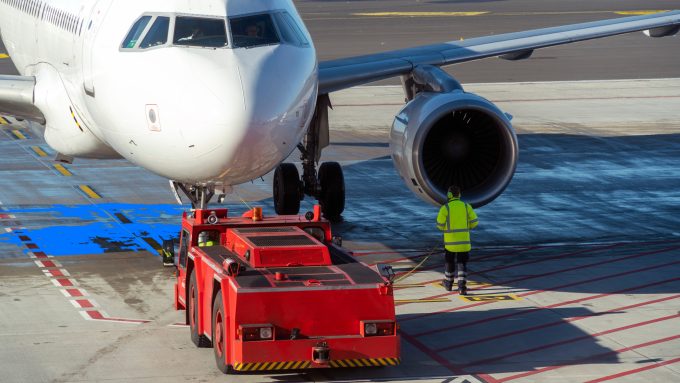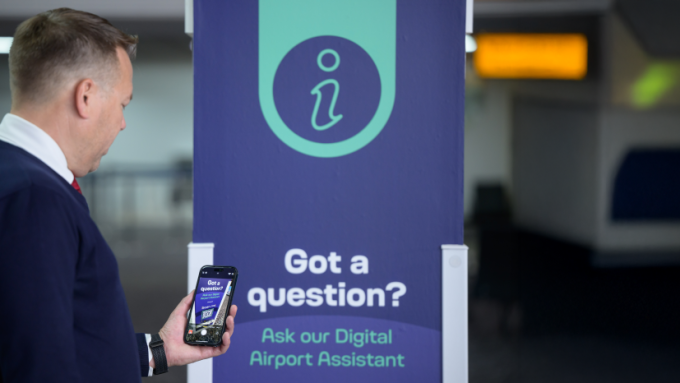
Enabling and Protecting Multi-Fuel Ecosystems at Airports

Cyber threats, such as unauthorised access, attacks, and system vulnerabilities, could disrupt operations and pose safety and environmental risks. Fuel engineers lack cybersecurity expertise, while cybersecurity professionals lack OT and alternative fuel knowledge. With a shortage of trained specialists, the sector risks non-compliance with regulations (e.g., CER) and exposure to cyber threats. Addressing these gaps is critical to ensuring secure, resilient multi-fuel ecosystem at airports.
Securing multi-fuel infrastructure
Infrastructure vulnerability. Alternative fuels infrastructure depends on both Information Technology (IT) and Operational Technology (OT), which can be targeted by malicious actors. Hydrogen, for example, requires extremely low-temperature storage and has high flammability, demanding stringent safety protocols.
- Regulatory compliance. Regulations like the Critical Entities Resilience Directive (CER) require robust cybersecurity measures for hydrogen production, distribution, and storage.
- Emerging threats. Research underscores the need to embed cybersecurity into the design of emerging technologies. Studies on airport hydrogen infrastructure highlight the technical requirements for zero-emission flights and stress the importance of integrating cybersecurity early in development.
The UK Government’s Aviation Cybersecurity Strategy also warns that without proactive cyber resilience measures, emerging technologies such as hydrogen fuelling, unmanned aerial systems, and future air traffic management could become prime targets for malicious actors.
Technology
Dynamic simulation technology creates a virtual replica of multi-fuel ecosystems, enabling adoption, threat simulation, and predictive analytics. It helps reduce risk, identify vulnerabilities, test security measures, and establish regulatory constraints. This technology also supports workforce training, equipping fuel engineers and cybersecurity professionals with the skills needed to manage multi-fuel ecosystem securely. Additionally, it aids in regulatory compliance by generating reports aligned with evolving cybersecurity and safety standards.
Who we need
- Technologists and Domain Specialists: Share your expertise to define future workforce capabilities in cybersecurity and operational modelling.
- Educators: Help outline the essential knowledge, skills, and behaviours needed for emerging roles in this sector.
- Enterprises: Contribute insights on the practical skills required to adopt these technologies effectively.
How to participate
Join us in shaping the future of cyber-physical security at airports - register to attend one of our upcoming workshops and share your insights.
Workshop schedule
| Workshop Date | Workshop Title | Attendees |
| 25/02/2025 | Identify Workshop | Lead Technologist, Lead Employer, Lead Educator & Convener |
| 05/03/2025 | All Hands Onboarding Briefing | All Participants (Leads, Technologists, Employers, Educators & Convener) |
| 12/03/2025 | Initial Cycle Data Capture and Review Workshop 1A | Lead Technologist, all Technologists & Convener |
| 18/03/2025 | Define Organisational Capabilities Workshop 1B | Lead Technologist, all Technologists & Convener |
| 01/04/2025 | Consolidating Value Chain Capabilities Workshop 1C | Lead Technologist, all Technologists & Convener |
| 08/04/2025 | Define Required Workforce Proficiencies Workshop 2A | Lead Employer, all Employers & Convener |
| 22/04/2025 | Define Prototype Future Occupational Profiles Workshop 2B | Lead Employer, all Employers & Convener |
| 05/05/2025 | Define KSBs required to equip the future workforce Workshop 3A | Lead Educator, all Educators & Convener |
| 06/05/2025 | Review KSBs required to equip the future workforce Workshop 3B | Lead Educator, all Educators & Convener |
| 27/05/2025 | Preliminary Insight Briefing 4A | All Participants (Leads, Technologists, Employers, Educators & Convener) |
| 29/05/2025 | Insight Handover for Dissemination | Head of Marketing (WFH), Lead Technologist, Lead Employer , Lead Educator & Convener, Lead Technologist, Lead Employer , Lead Educator & Convener |





